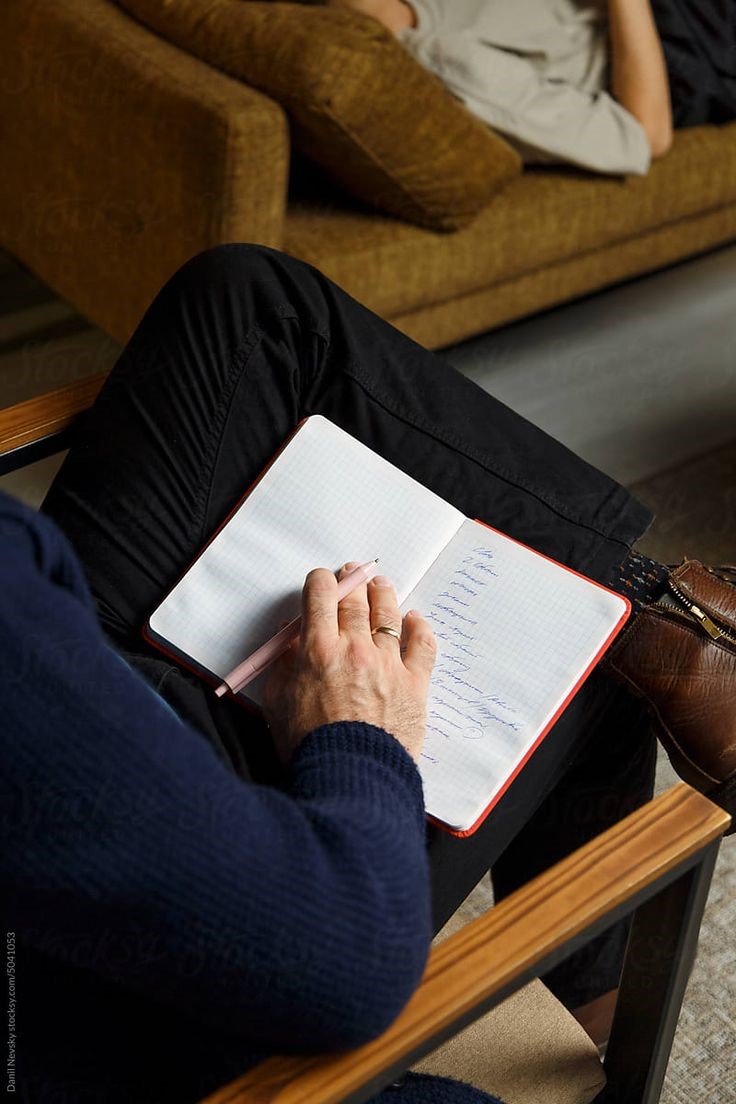
Psychosocial support
Psychosocial support services are to help individuals manage the social, emotional, and psychological aspects of recovery. These may include:
Peer Support Groups
Facilitated groups where individuals can connect with others who share similar experiences, providing mutual support, empathy, and encouragement.
Case Management
Personalized assistance in navigating treatment plans, community resources, and any social or legal challenges, ensuring individuals have the support they need to succeed in recovery.
Life Skills Training
Programs that teach practical skills, such as communication, problem-solving, and time management, to help individuals adapt to daily life post-recovery.
Family Support
Education and counseling for family members to help them understand addiction, provide healthy support, and address family dynamics.
Crisis Intervention
Immediate emotional or psychological support during moments of distress or potential relapse to prevent setbacks.
Social Reintegration Programs
Assistance in reconnecting with society, finding employment, and rebuilding social networks, promoting long-term stability and independence.
These psychosocial support services aim to help individuals build resilience, restore relationships, and develop the social and emotional skills needed for lasting recovery.
Counseling and Psychotherapy
Psychotherapy and counseling are interactions between a therapist and one or more clients. The purpose is to help the client with problems that may have aspects that are related to disorders of thinking, emotional suffering, or problems of behavior.
Art Therapy
An art therapy program uses creative processes like music, poetry, drawing, painting, or sculpture to help individuals express emotions, improve mental well-being, and address psychological challenges in a therapeutic setting.
Relaxation
Relaxation program is a structured set of techniques designed to reduce stress and promote physical and mental relaxation, often including practices such as deep breathing, meditation, and progressive muscle relaxation.